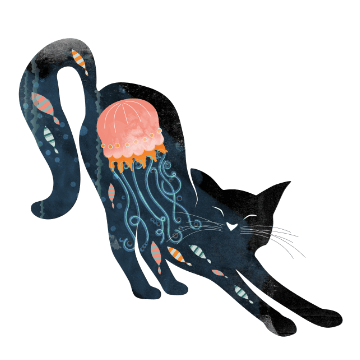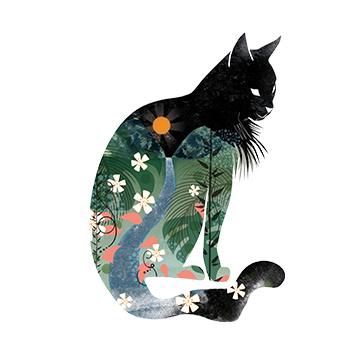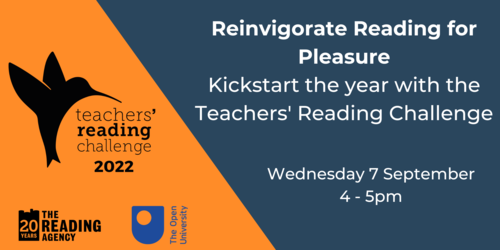Is knowledge of children's literature really that important?
I’m delighted that the Teachers’ Reading Challenge is running again this year. It’s a perfect opportunity to talk about an important issue, and also do something to create a positive change.
What’s the issue?
Let’s do an experiment together – write your answers down as you go…
1. Set a timer for 30 seconds.
2. Write down 5 books you’d recommend to a child if you got stopped in the school corridor.
3. Stop when you get to 30 seconds, however many you’ve got.
Now…
4. Cross out any books you read when you were younger, or that your parents read to you.
Q1: How many do you have?
5. Highlight any which aren’t fiction (e.g. information books, graphic novels, comics, manga)
Q2: How many are there?
6. Highlight any that are written by minority authors, or that include characters along those lines.
Q3: How many are there?
This is an exercise I first saw being done a few years ago (I think it was by the brilliant Teresa Cremin) and I’ve added the last few questions. I recently did a training session with NQTs, and none of them had any responses for the last two…
Keep Reading
27 June 2022







